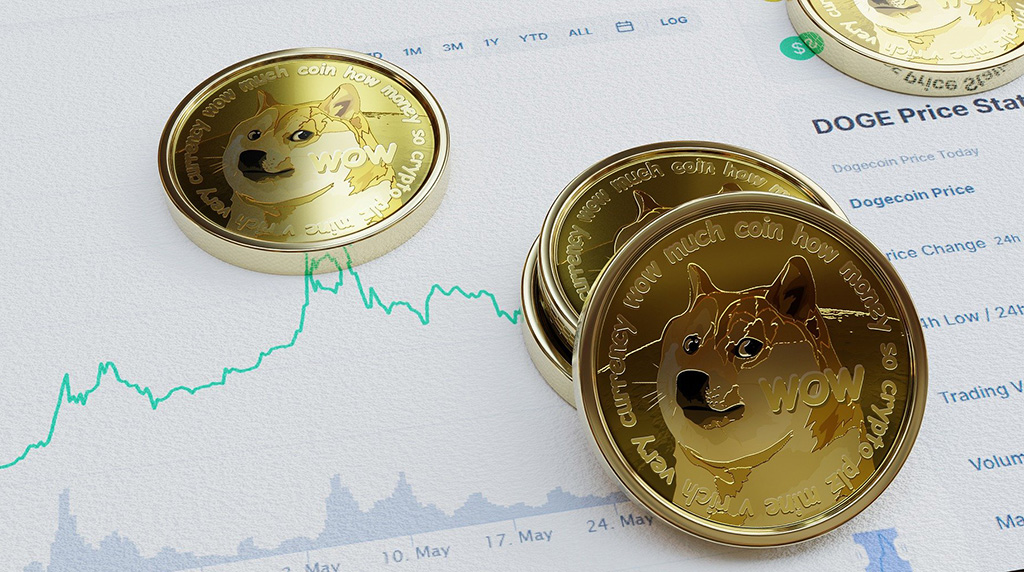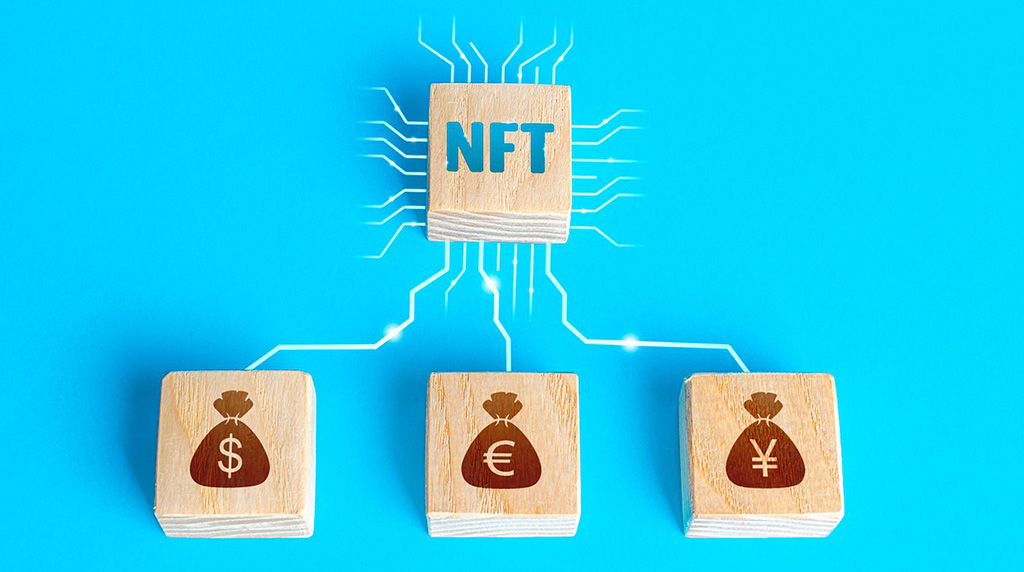The U.S. Department of Justice (DOJ) has announced an indictment against the global cryptocurrency exchange KuCoin and two of its founders, Chun Gan (also known as Michael) and Ke Tang (Eric). The indictment alleges that KuCoin facilitated and processed over $9 billion in illicit funds.

KuCoin is accused of operating as an illegal money transmission business and significantly breaching the Bank Secrecy Act. The indictment highlights that the founders directed the platform to evade anti-money laundering and anti-terrorism financing programs by not maintaining customer identity verification procedures (KYC) or filing any activity reports.
The charges underscore the obligation of financial entities like KuCoin to comply with U.S. laws to aid in the detection and prevention of crime and other corrupt schemes. The indictment points out that KuCoin’s operations not only violated U.S. laws but also supported the financial market’s “shadow” sectors, making it a haven for money laundering activities.
Additionally, the Commodity Futures Trading Commission (CFTC) has filed a parallel civil lawsuit against KuCoin. The CFTC accuses the company of offering both spot and futures trading services without completing the necessary registration processes. The lawsuit also charges KuCoin with non-compliance with the CFTC’s KYC requirements.
Darren McCormack, a Homeland Security Investigations agent, referred to KuCoin as “a billion-dollar criminal scheme” and highlighted its status as one of the largest current cryptocurrency exchanges.
FLASHDOT LIMITED (formerly known as Phoenixfin Limited), PEKEN GLOBAL LIMITED, and PHOENIXFIN PRIVATE LIMITED are identified as three entities operating in conjunction with KuCoin. The companies, previously operating under the names Phoenixfin Limited, PEKEN GLOBAL LIMITED, and PHOENIXFIN PRIVATE LIMITED, are collectively engaged as the global cryptocurrency exchange platform KuCoin. GAN and TANG, along with other members, founded KuCoin in September 2017. The indictment comes after KuCoin’s relatively late implementation of mandatory KYC procedures at the end of 2023, a move that was significantly delayed compared to other exchanges.



